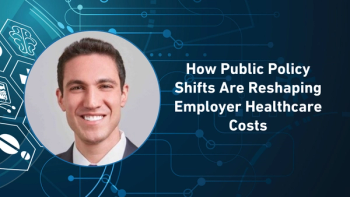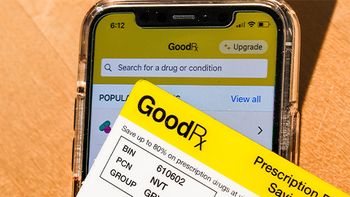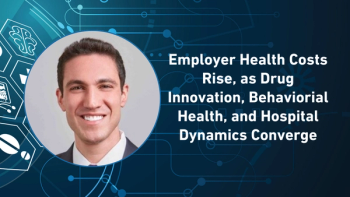
Identify a drug candidate, then model its performance in healthcare-delivery systems
Quintiles will apply the predictive simulation capabilities of the Archimedes Model to drug development and commercialization
Quintiles (Research Triangle Park, NC) has signed an agreement with Archimedes Inc. to co-promote the latter’s computer-simulation system as a tool for evaluating the technical and business outcomes of candidate drugs. The underlying logic of the Archimedes Model is to simulate the entire product life cycle of a drug, from clinical trials to commercial use and patient engagement. Archimedes has commercialized this model in a SaaS version called ARCHes Innovator, as well as another computer system, indiGO, which is used by hospitals to tailor treatment regimens and interventions to the conditions of individual patients.
“Being able to forecast potential outcomes to interventions brings tremendous value for our biopharma customers, who need to increase productivity, shorten timelines and manage risk,” says Michael Ackermann, SVP in the Commercial Group at Quintiles. “Through the simulation and modeling capabilities of Archimedes, we can provide estimates on the impact of interventions, experimental protocols and guidelines on long-term outcomes.”
The Archimedes Model isn’t exactly an overnight success. It started as a research project within Kaiser Permanente in the early 1990s, had some external (to Kaiser) modeling success in the early 2000s, and then was spun out as a standalone company in 2006. The modeling capabilities are based on a combination of mathematical formulas and statistics drawn from patient populations, according to Marc Cohen, PhD, chief science officer. The model combines human physiology, diseases, behaviors, interventions and healthcare systems. When set up, it can perform a “virtual clinical trial,” he says (although the model does not include the biomolecular interactions within the human body).
According to Mika Newton, VP at Archimedes, the ideal stage to engage with the Archimedes Model is when a drug is in Phase IIb; at that point, enough is known about the drug’s effects that its impact on healthcare can be forecast. Newton says that there are about a half-dozen projects under development with clients currently, and that business is picking up substantially with the heightened interest in comparative effectiveness studies. An engagement with the Archimedes scientists and the model runs about $500 thousand annually, “which allows you to simulate a new clinical trial of 10,000 patients, every day of the year.”
Newsletter
Stay ahead in the life sciences industry with Pharmaceutical Commerce, the latest news, trends, and strategies in drug distribution, commercialization, and market access.




